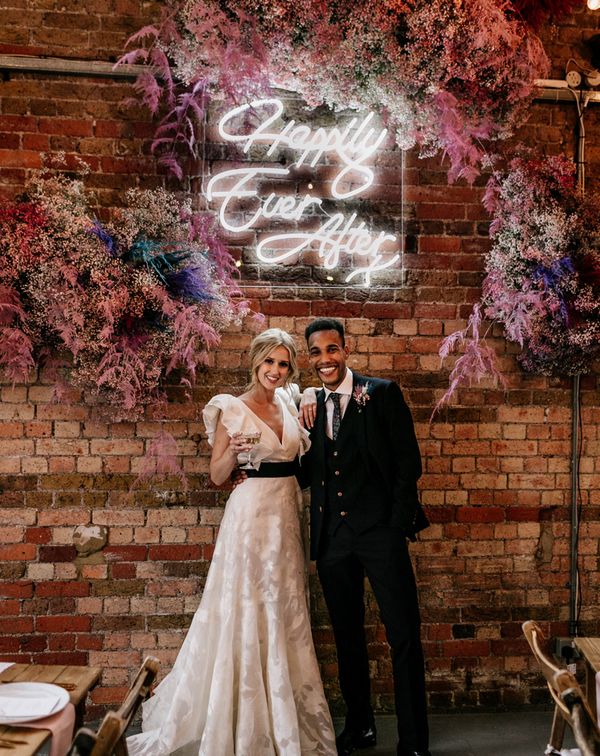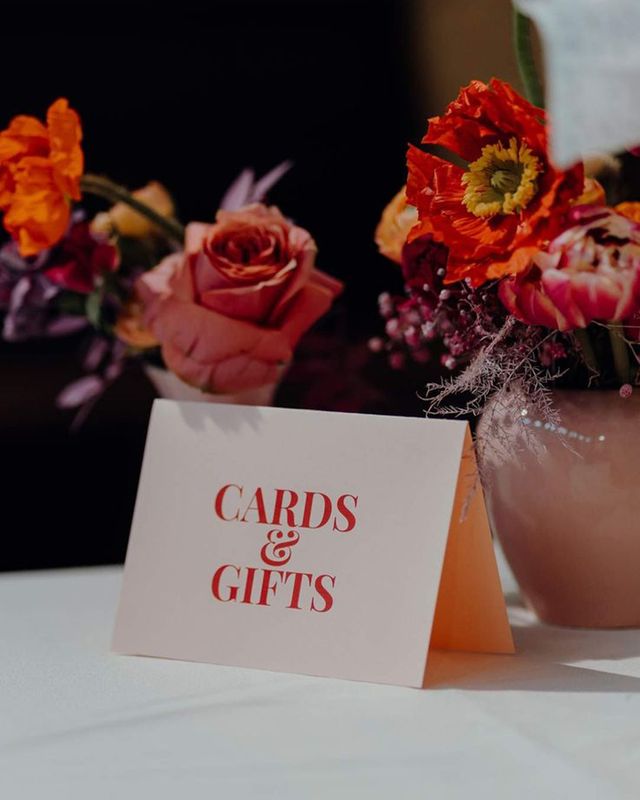Wedding Budget Breakdown - How To Allocate Your Wedding Budget


A Rough Guide to Wedding Gift Budgets
Here’s a handy guideline to help you figure out how much to give, based on your situation:
Single Guest: £50
Couple Attending Together: £100
Immediate Family Member: £100+
Wedding Party Member: £100+
Evening Guest Only: £25–£50
Colleague: £25–£50